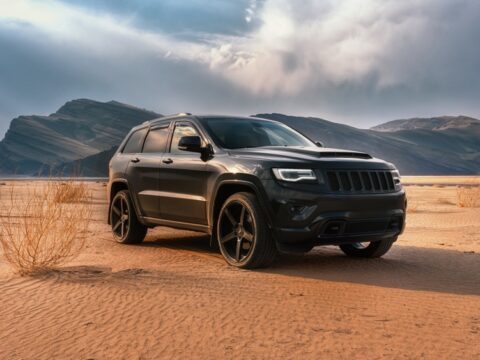As we accelerate into a new era of automotive innovation, the industry stands on the cusp of a transformative decade. Here, we delve into the top 10 disruptive auto industry trends set to redefine the landscape of transportation in the coming years. From the electrification of vehicles to the advent of autonomous driving, and from the integration of cutting-edge technology to the emergence of novel ownership models, these trends are not merely reshaping how we manufacture and interact with vehicles, but also reimagining the very fabric of mobility and urban living.
Contents
Electric Vehicle (EV) Revolution
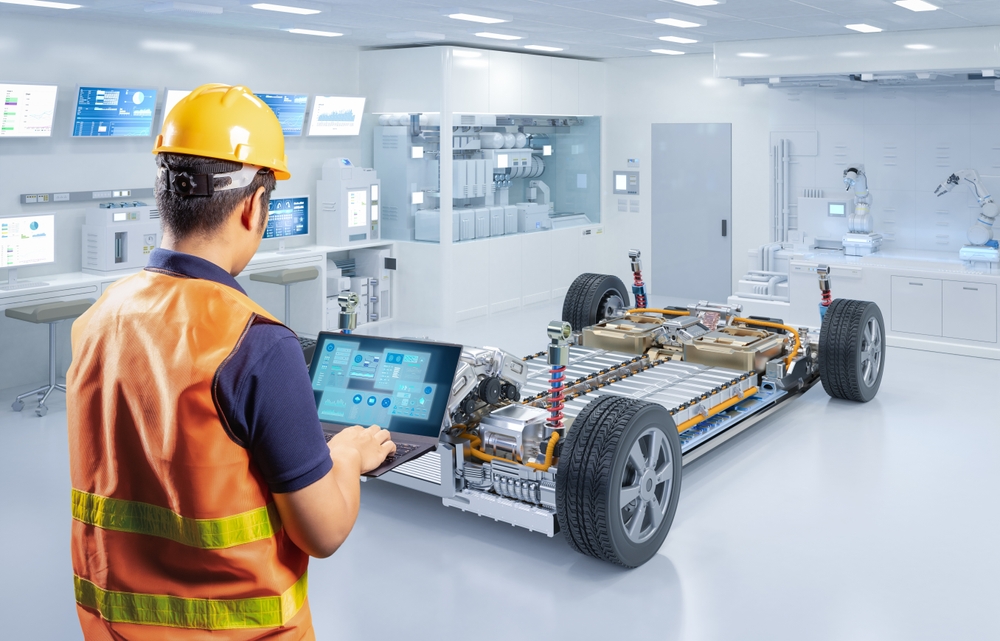
The shift towards electric vehicles is perhaps the most significant disruption in the auto industry. Traditional combustion engines are being phased out in favor of EVs due to environmental concerns and advancing technology. This shift is not just about changing the type of car people drive but also impacts the entire automotive ecosystem, from fuel infrastructure to maintenance. Companies like Tesla have led the charge, but traditional automakers like General Motors and Volkswagen are also investing heavily in EVs.
Autonomous Driving Technology
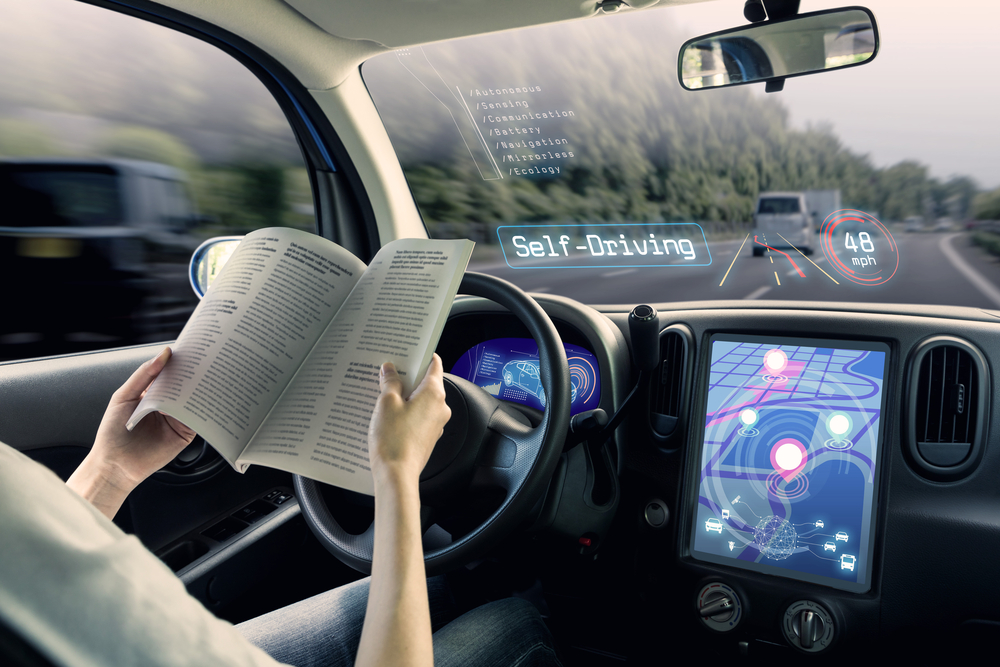
Self-driving cars, once a futuristic dream, are rapidly becoming a reality. This technology promises to transform the way we think about transportation, potentially reducing accidents, alleviating traffic, and changing car ownership models. Companies like Waymo and Tesla are at the forefront of this technology. The full impact of autonomous driving will be felt across many sectors, including public transportation, logistics, insurance models, and urban planning.
Connected Cars and IoT Integration
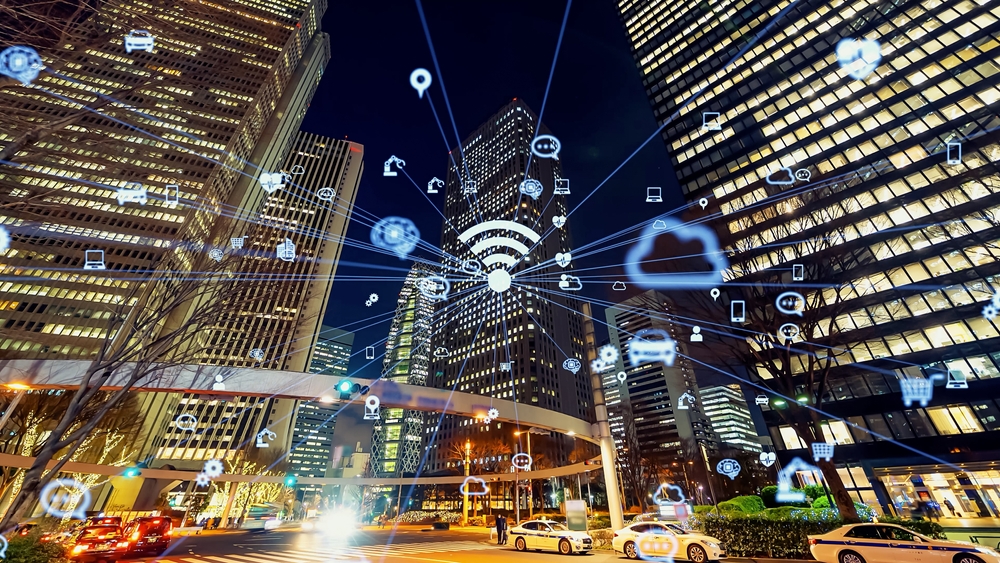
The integration of the Internet of Things (IoT) in vehicles is transforming them into connected devices. This trend encompasses everything from in-car entertainment and real-time navigation to vehicle-to-vehicle (V2V) communication. It opens up possibilities for enhanced safety features, traffic management, and personalized customer experiences, disrupting traditional notions of car ownership and usage.
Shared Mobility and Ride-Hailing Services
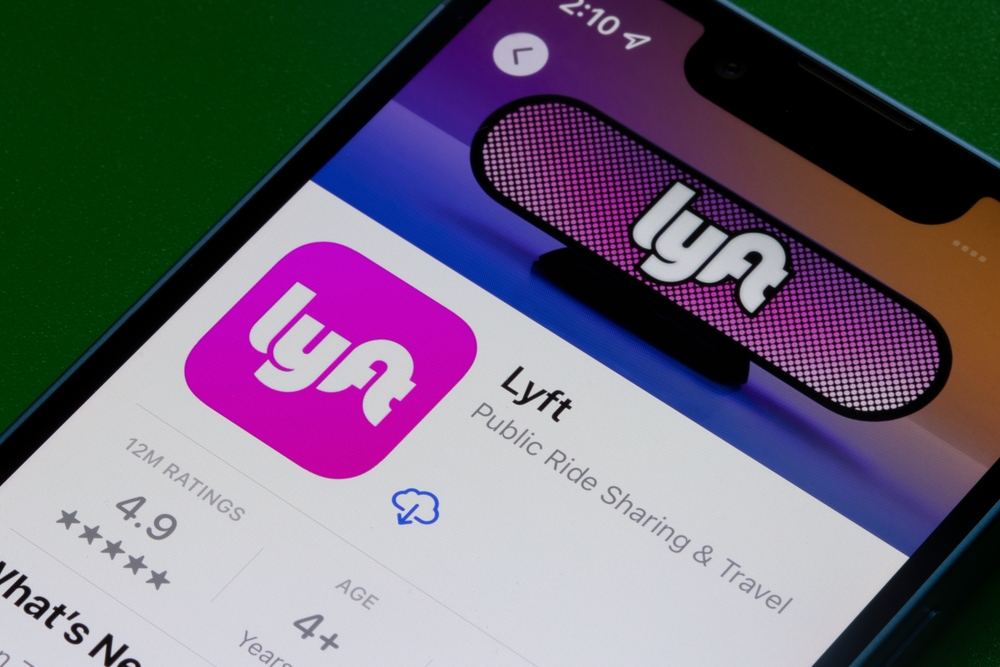
Ride-hailing and car-sharing platforms like Uber, Lyft, and Zipcar are altering ownership trends, especially among urban dwellers. This shift towards shared mobility reduces the need for personal vehicle ownership, disrupting the automotive sales model and impacting urban planning and public transportation.
Hydrogen Fuel Cell Vehicles
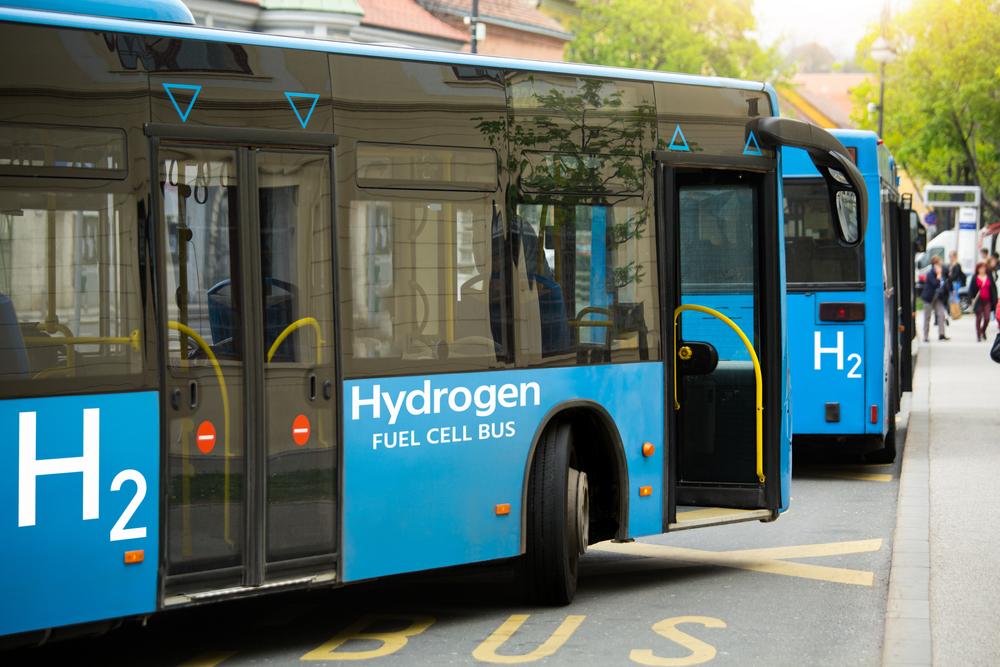
Hydrogen fuel cell vehicles (FCVs) are emerging as a promising alternative to EVs, especially for heavy-duty and long-range vehicles. Companies like Toyota and Hyundai are leading in this space. FCVs offer fast refueling and zero emissions but face challenges in infrastructure and hydrogen production. Their growth could disrupt the current focus on battery electric vehicles.
Advancements in Battery Technology
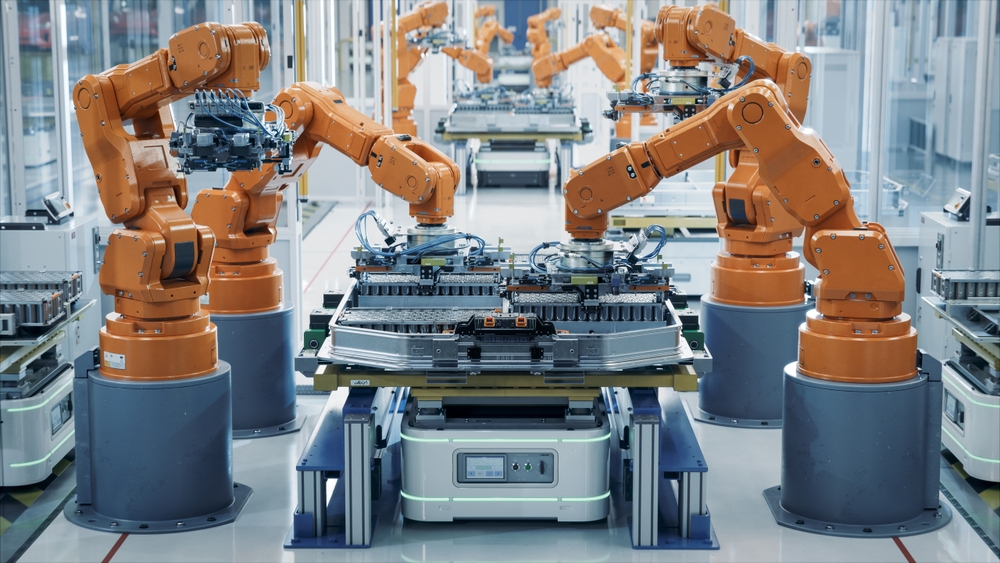
Battery technology is advancing rapidly, with improvements in energy density, charging speed, and cost-effectiveness. Solid-state batteries are a key area of development, promising to revolutionize EVs by offering shorter charging times and longer ranges. This trend is pivotal in making EVs more appealing to the mass market, thereby disrupting the current automotive ecosystem.
3D Printing in Car Manufacturing
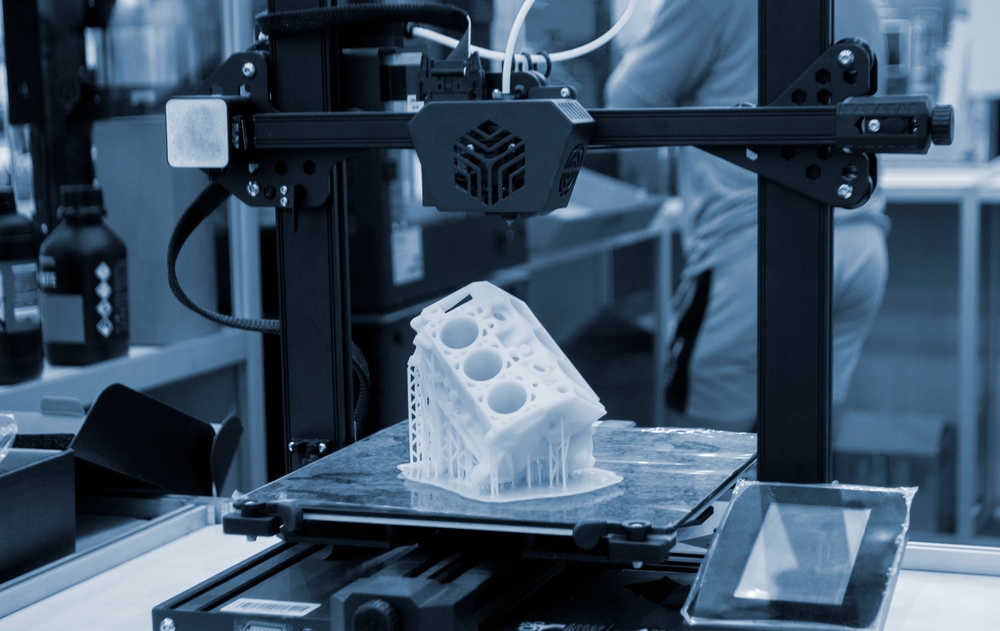
3D printing is set to transform car manufacturing by enabling more complex designs, rapid prototyping, and customization. Automakers like BMW and Ford are exploring its potential. This technology could disrupt traditional manufacturing processes, supply chains, and the aftermarket parts industry.
AI and Machine Learning in Automotive
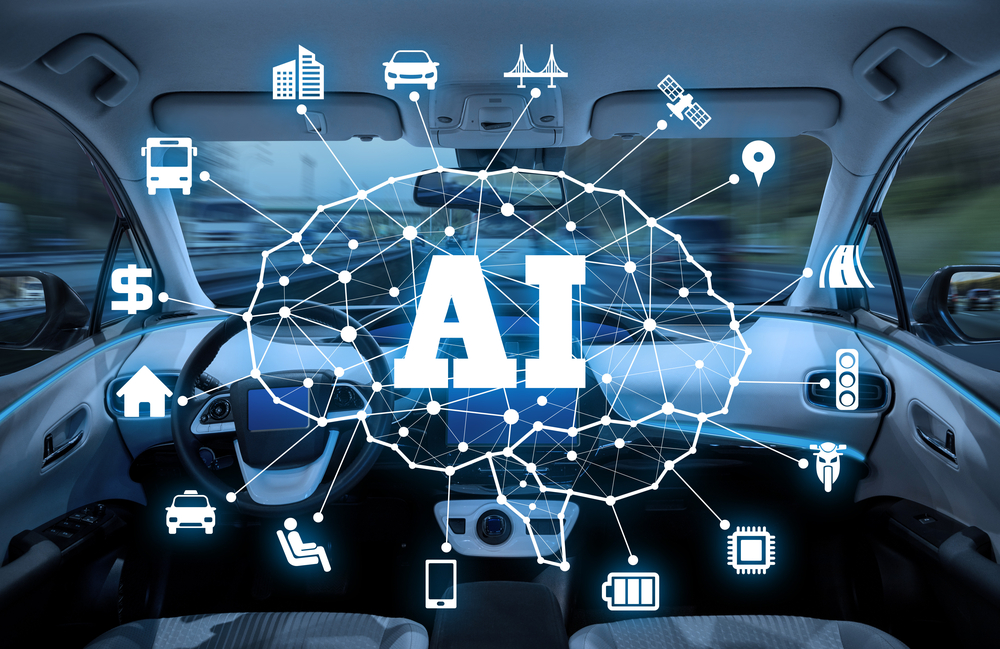
Artificial intelligence (AI) and machine learning are increasingly being used in automotive applications, from autonomous driving and predictive maintenance to personalized in-car experiences. This trend will disrupt the industry by enabling smarter, safer, and more efficient vehicles and services.
Vehicle-to-Grid (V2G) Technology
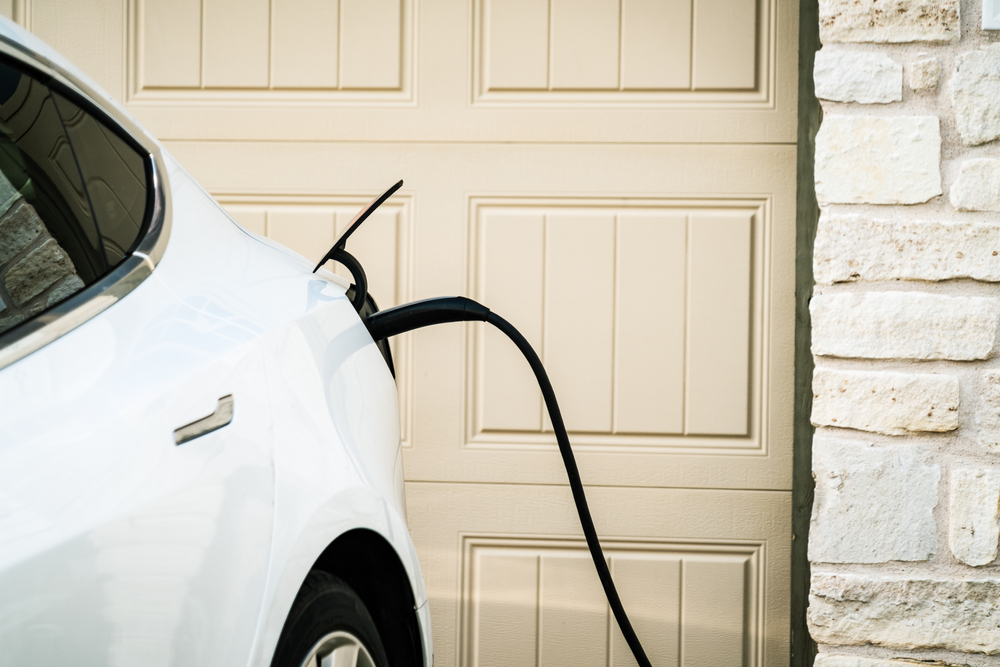
V2G technology allows electric vehicles to interact with the power grid, providing energy storage and helping balance supply and demand. This could transform EVs into mobile energy assets, disrupting energy markets and offering new revenue streams for car owners and manufacturers.
Increase in Subscription and As-a-Service Models

There’s a growing trend towards automotive subscription and as-a-service models, offering customers access to a range of vehicles on demand rather than owning a single car. This shift, led by companies like Volvo with their ‘Care by Volvo’ subscription service, could disrupt traditional car ownership and dealership models.
This article originally appeared on MyCarMakesNoise.
More from MyCarMakesNoise
15 Ultimate Airline Lounges for a Luxurious Travel Experience

Embark on a journey through some of the most exclusive and opulent airport lounges around the world. These havens of luxury offer travelers gourmet dining, spa treatments, serene relaxation zones, and unparalleled service. Read More.
21 Unique Facts About Rickshaws That Will Surprise You

The rickshaw, often seen as a quaint relic of the past, is actually a treasure trove of history and cultural significance. This humble vehicle has navigated through the evolution of urban transport and remains a symbol of ingenuity and resilience. Read More.
15 Musical Road Trips to Explore America`s Rich Music History

Embark on a melodious journey through the pivotal cities that have shaped America’s rich musical landscape. Whether you’re a die-hard fan of blues, jazz, country, or rock ‘n’ roll, this guide will take you to storied venues and vibrant festivals celebrating the nation’s diverse musical heritage. Read More.


